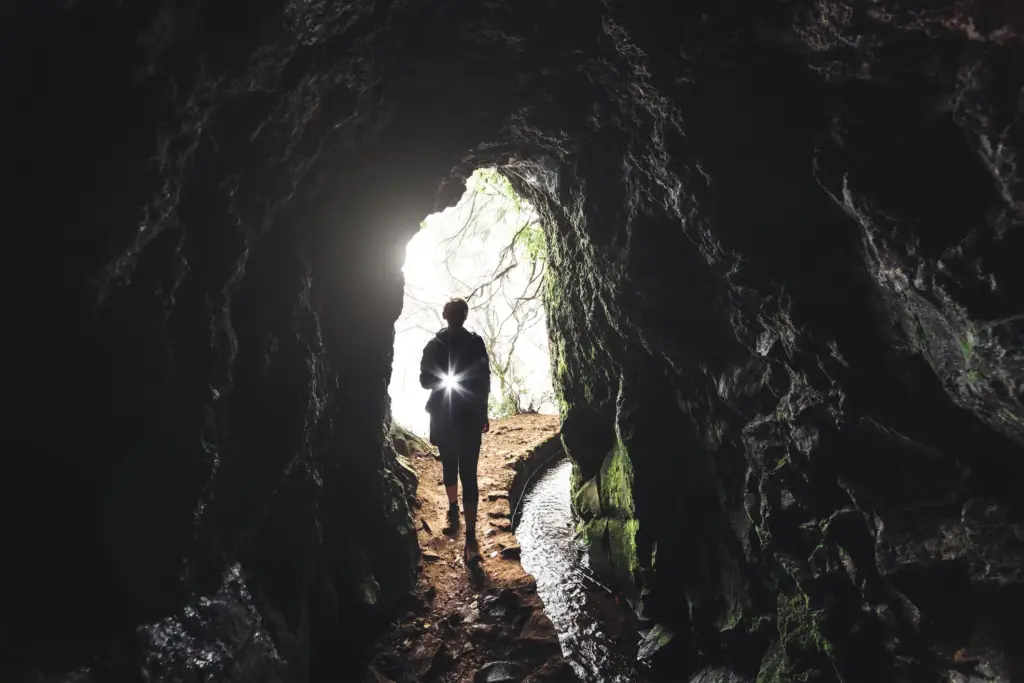Urban exploring, often referred to as “urbex,” is a growing pastime for thrill-seekers and history enthusiasts alike. This activity involves venturing into abandoned buildings, factories, tunnels, or ghost towns to uncover hidden places and forgotten stories. However, as captivating as it may be, urban exploration often brushes up against legal boundaries, raising important questions about its legality and potential liability for injuries.
Is Urban Exploring Illegal?

The legality of urban exploring is nuanced one. While the activity itself is not inherently illegal, entering private or restricted property without permission typically violates trespassing laws, which can result in fines or criminal charges.
Trespassing Laws in California, Nevada, and Arizona
Trespassing laws differ by state but generally involve entering or remaining on private property without the owner’s consent. Here’s a breakdown of the relevant laws in states where we practice:
Regardless of whether the site is abandoned or active, entering without consent is considered trespassing under these laws.
| State | Statute Reference | Definition of Trespassing | Penalties |
|---|---|---|---|
| California | California Penal Code § 602 | Entering or remaining on private property without permission | Fine up to $1,000 or misdemeanor imprisonment |
| Nevada | Nevada Revised Statutes § 207.200 | Unauthorized entry or remaining after verbal or written warning | Fine or jail time up to 6 months |
| Arizona | Arizona Revised Statutes § 13-1502 to § 13-1504 | Criminal trespass varies by intent and property type (residential, fenced, posted, etc.) | Can be a misdemeanor or felony, depending on case |
Breaking and Entering
Forcing entry—such as breaking locks or windows—can elevate a trespassing charge to a felony. In California, Nevada, and Arizona, breaking and entering is treated more severely, often resulting in significant legal consequences, including imprisonment.
Who Is Responsible for Injuries While Urban Exploring?
Urban exploration is filled with risks, from structural collapses to hazardous materials. But who bears responsibility if an injury occurs during urban exploring?
General Rules for Trespasser Liability
As property owners have a duty of care for people who are permitted access to the property, but for trespassers, property owners generally owe limited responsibility to them. In fact, property owners do not have any obligation to ensure the safety of trespassers, but if the trespasser is a child then according to the Attractive Nuisance Doctrine, they can be held liable for injuries. Additionally, should the property owner intentionally set traps or created hazards to harm trespassers then they can be held liable for any injuries they have sustained.
To give additional context, here is how several state specific laws on how trespasser liability is handled:
- California Civil Code § 1714: Property owners are not liable for trespasser injuries unless gross negligence or intentional harm is proven.
- Nevada Revised Statutes § 41.510: Limits liability for property owners in cases involving trespassers, except in cases of willful misconduct.
- Arizona Revised Statutes § 12-558: Protects property owners from liability unless intentional harm or gross negligence is involved.
Exploring Ghost Towns: Legal or Not?
Ghost towns are popular destinations for urban explorers due to their mystery and creepy allure, however their legal status varies incredibly. For example, Public Ghost Towns sites like Bodie, California, are historical landmarks open to public exploration, with strict rules prohibiting entry into restricted areas. Meanwhile, Privately Owned Ghost Towns require permission to explore even if the property appears abandoned.
Penalties for Trespassing While Urban Exploring
Criminal Penalties
Penalties for trespassing can include:
- Fines: Ranging from $200 to $1,000, depending on the severity of the offense and the state.
- Imprisonment: Jail time for aggravated trespass or repeated offenses.
- Felony Charges: Breaking and entering, vandalism, or theft can elevate trespassing to a felony, resulting in longer prison sentences.
Civil Penalties
Property owners can sue for damages if urban exploring causes property harm, such as graffiti or structural damage. Trespassers may be held financially responsible for repairs or lost property value.
Safer Alternatives to Illegal Urban Exploring
To avoid legal risks and ensure safety, consider these alternatives:
- Participate in guided tours of historical or abandoned locations.
- Visit public landmarks where exploration is permitted.
- Obtain written permission from property owners for private exploration projects.
Why Legal Representation Matters for Premises Liability Cases
If you’ve been injured during urban exploration or face trespassing charges, navigating the legal landscape alone can be overwhelming. At West Coast Trial Lawyers, we specialize in personal injury law and premises liability cases in California, Nevada, and Arizona. Our experienced attorneys understand the complexities of state-specific laws and are committed to protecting your rights. Whether you need help recovering compensation for injuries or defending against legal claims, we’re here to guide you every step of the way.
Urban exploring can be thrilling, but the legal risks are real. If you’ve been injured or face legal challenges related to urban exploration, don’t hesitate to reach out. Contact our legal team for a free consultation by calling (213) 927-3700, and let us help you secure the best possible outcome for your case..
Frequently Asked Questions About Urban Exploring
Is Urban Exploring Illegal in the US?
Yes, in most cases. Trespassing without permission is illegal, even if the property appears abandoned. Penalties vary by state.
Can a Property Owner Be Sued if a Trespasser Gets Injured?
Generally, property owners are not liable unless they intentionally created hazards or neglected to secure an attractive nuisance.
What Is the Penalty for Trespassing During Urban Exploring?
Penalties range from fines of $50 to $2,000 and possible jail time, depending on state laws and the severity of the offense.
Are There Legal Ways to Explore Abandoned Places?
Yes, seek permission from property owners, join guided tours, or visit public landmarks open to exploration.
What Should I Do if I Get Injured While Urban Exploring?
Seek medical attention immediately. If injuries occur on private property, legal recourse is typically limited unless negligence or intentional harm is proven.














































































